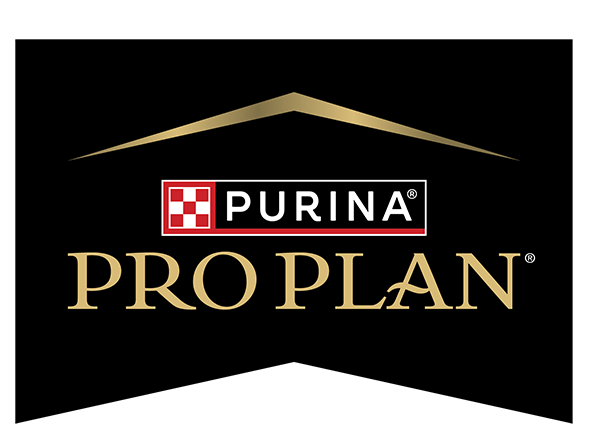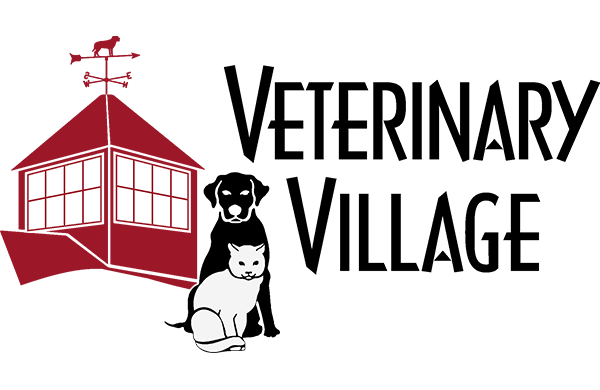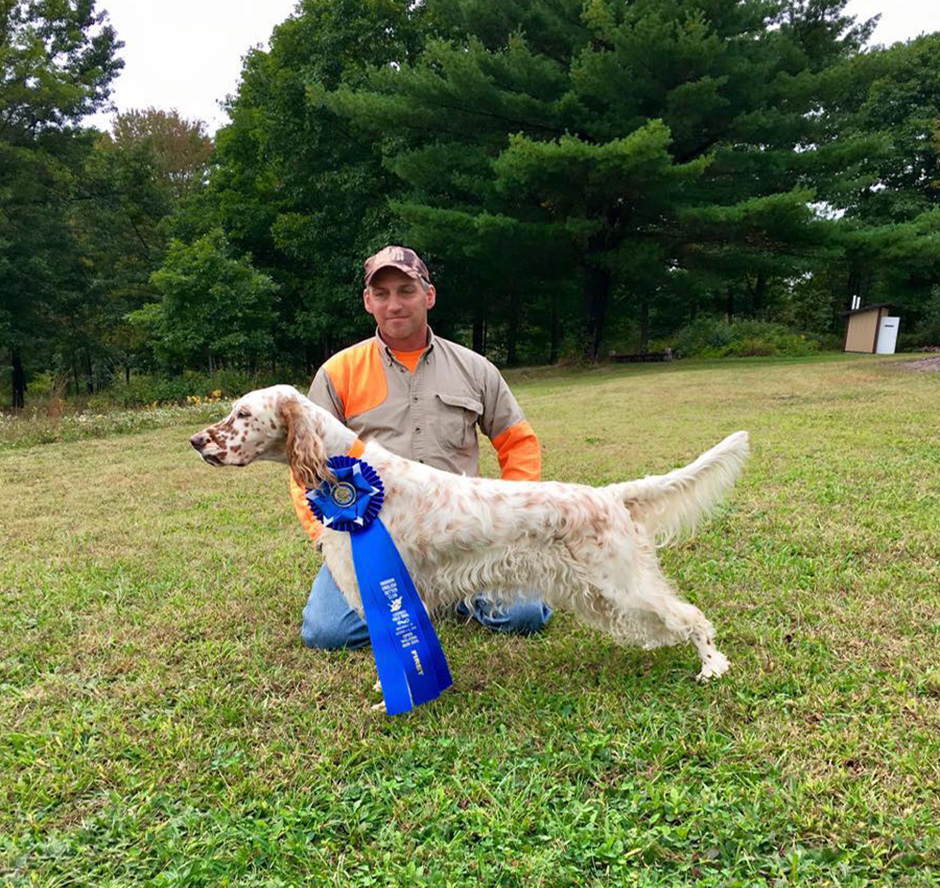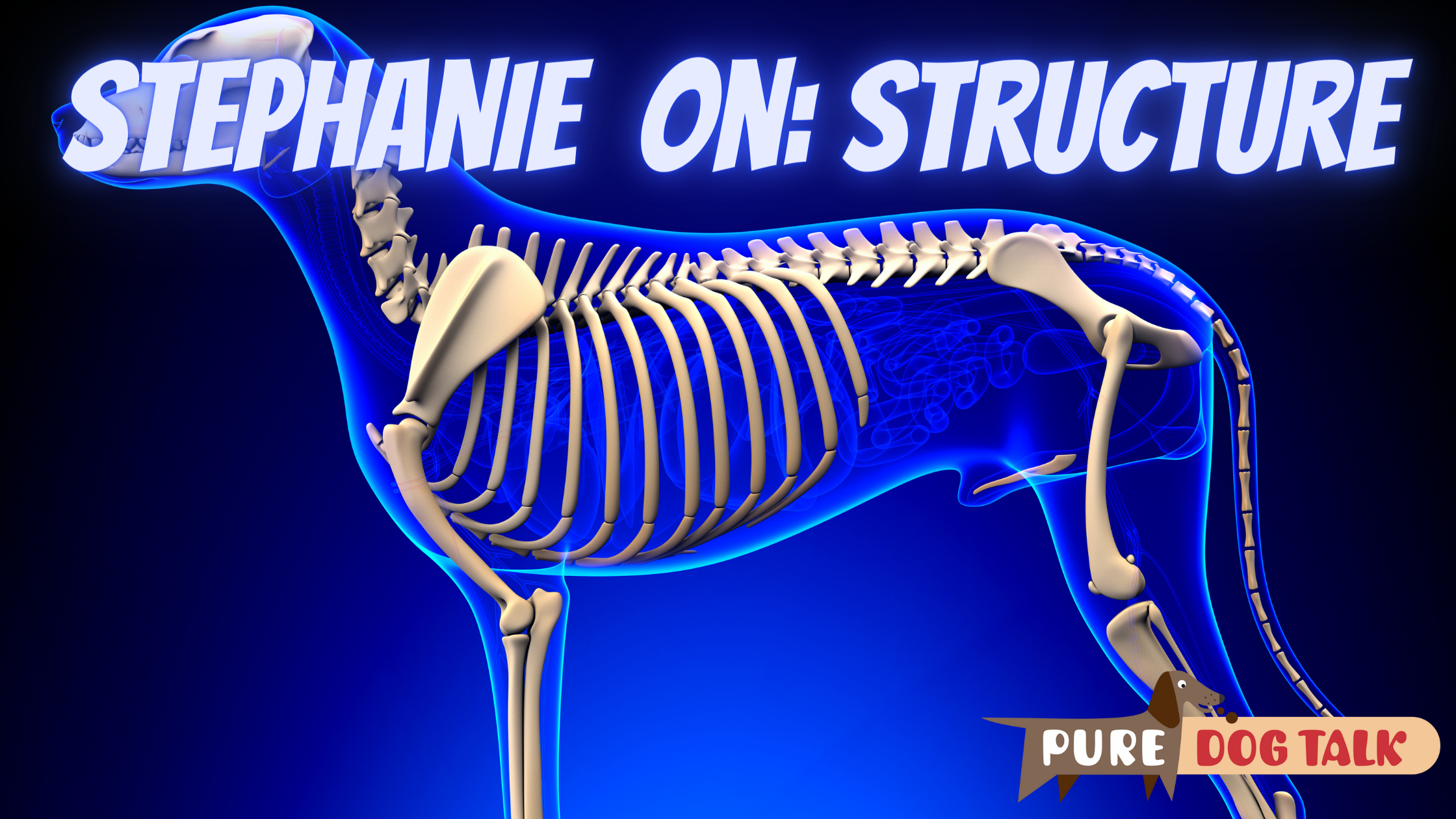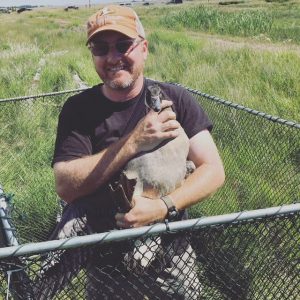659 – When Sh*t Happens in Your Breeding Program

When Sh*t Happens in Your Breeding Program
Host Laura Reeves is joined by Aimée Llewellyn-Zaidi, Project Director, IPFD Harmonization of Genetic Testing for Dogs, International Partnership for Dogs, for part two of a challenging and informative conversation about when sh*t happens in your breeding program.
“If you have a stud dog,” Llewellyn-Zaidi said, “and I’m gonna use stud dogs because that’s what tends to be the bigger contributor to a genetic breeding plan. If you have a stud dog or you’re using a stud dog or you’ve used a stud dog and there is a problem. Step number one is to not panic. Genuinely, that’s the first kind of step, because you will know in yourself that you’ve made the best decisions in that moment with the information you had up until that point.
“You now have maybe new information. So then the second step is investigate and you gave some great examples. Is this something that is heritable? Is this something that isn’t in the breed, but maybe actually is in the breed? And if you start asking, you start realizing that you’re not the only one that has been observing this challenge.
“So just do a little bit of investigating, get a diagnosis for when there isn’t a genetic test. Do a little asking around with friendly people to see if this is something that it is heritable or potentially heritable, and then if it’s something that is kind of unique to your lines or if there’s potentially a broader breed conversation.
“I keep wanting to throw traits because very understandably we focus on poor health, but actually many, many breeders want to be focused on the characteristics that are valuable and important.
“The more we’re able to think about our individual breeding plans as part of a whole, the term collective action, I think the more successful we will be at meeting our goals and reducing the risks of inherited diseases.
“Whether you’re in a healthy breed that has no breed specific health conditions but being a dog means you’re going to have a health condition. Or whether you’re in a breed that has maybe a different path that they need to take to get back to where people feel there’s a better balance between health and the traits that they want, collective action is key.
“And that’s the thing. It’s like the collective action on your individual part is are you communicating with your puppy owners? Are you communicating with the bitch owners if you have the stud but don’t keep the bitches. Who are your breeding friends that you’ve used your stud dog to. Are you keeping those accurate records? Are you including a friendly vet into your system that can kind of help you with identifying or investigating any of these health issues?
“In summation, we’re not gonna panic, we’re gonna investigate, we’re gonna maybe pause breeding and we’re going to think about the steps that we need to take to have those collective action solutions, that’s going to include you and your breeding plans and your breeding partners.”
FPEn291cE5TKEepi1hJv
Our Valued Corporate Sponsors:
Our Esteemed Advertisers:
Our In-Kind Supporters:
KNOWLEDGE IS POWER — FRANCIS BACON
When you become a patron of Pure Dog Talk you’ll tap into an exclusive community of experts to help you and your dog be blue-ribbon best at whatever you do with your purebred dog! Your support helps keep the MP3's rolling at Pure Dog Talk!
As a supporter, you’ll immediately gain access to the weekly Pure Pep Talk SMS, Pure Pep Talk private Facebook group, and priority emails. Patrons can choose to level up to the After Dark Zoom and a Patrons Digital Badge for their website— even a private counseling session with Laura on any topic.

DON'T MISS AN EPISODE!!


